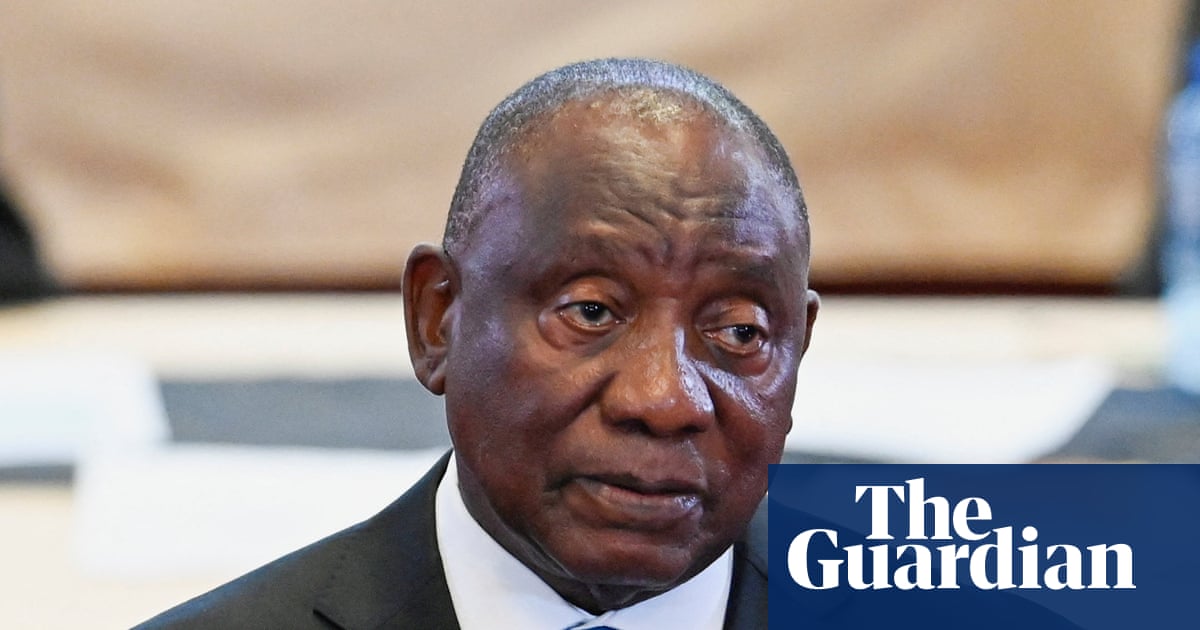A review of England’s curriculum has recommended reducing the amount of content and emphasis on exams and instead focusing more on life skills and “enrichment”.
The review, led by Prof Becky Francis, wants pupils to spend less time in exam halls and have more time “for all of those amazing other things that schools do”, such as plays, sport and work experience.
It also urged the government to cut back on policies introduced by the former Tory education secretary Michael Gove, including an overhaul of controversial grammar tests in primary schools.
The review seeks to cut about three hours from the total length of GCSE exams sat by pupils, as well as reducing the course content of several GCSE subjects, including history and the sciences.
“Some of those other really precious and important things that schools do around enrichment, life skills, support for young people’s confidence – those things are being squeezed by the sheer volume of content in the national curriculum at present,” Francis said.
The government indicated it would accept several of the review’s recommendations, including a widely advertised decision to end the English baccalaureate (EBacc) introduced by Gove, which steered students towards more academic subjects at GCSE, as well as revising year 6 Sats to cut out testing of fronted adverbials and similar grammatical concepts.
But school leaders were left wondering how many of the review’s proposals, which was commissioned by the education secretary, Bridget Phillipson, would be accepted after some appeared at odds with the government’s recent commitments.
While the review recommends that pupils in year 8 should take diagnostic tests in maths and English, Phillipson last month announced a new national reading test for year 8 pupils.
Pepe Di’Iasio, the general secretary of the Association of School and College Leaders, said: “We are confused by the fact that the government has already announced plans for a mandatory year 8 reading test before the outcome of the curriculum and assessment review.”
The Department for Education’s initial response appeared at odds in other areas, including proposals to change an accountability measure known as Progress 8, which measures changes in attainment between key stage 2 standardised tests (Sats) and GCSEs. While the review recommended keeping Progress 8, the DfE said it wants to reform the measure.
The changes would “encourage students to study a greater breadth of GCSE subjects including the arts, humanities and languages alongside English, maths and science”, according to a government spokesperson.
Phillipson said: “It has been over a decade since the national curriculum was updated, and it’s more crucial than ever that young people are equipped to face the challenges of today, so they can seize the exciting opportunities that life has to offer.”
The DfE also used its response to announce new proposals including “a new set of enrichment benchmarks” that would require schools to offer “access to civic engagement, arts and culture, nature and adventure, sport, and life skills”, to be inspected by Ofsted and advertised to parents through a new “school profiles” information service.
The department’s response also mentioned that it was “exploring a new language qualification which banks progress and motivates pupils to want to continue studying, complementing existing GCSEs and A-levels”.
Di’Iasio said: “We see that the education secretary has now randomly announced that a new set of enrichment benchmarks will be added to the many expectations over which schools are judged without a word about how this will be resourced.
after newsletter promotion
“The stark reality is that many schools have had to cut back extracurricular activities because government funding is so desperately inadequate.”
The government said it would support the review’s focus on climate change and sustainability in the national curriculum, while citizenship classes will be compulsory in primary schools, teaching media and financial literacy alongside law and democracy.
Prof Andrew Charlton-Perez, chair of the National Climate Education Action Plan, said: “It’s brilliant that all children will now learn about climate and nature at school. This will help the next generation to be better informed and choose their own future path. It will put young people, and the UK economy, in a stronger position to benefit from the green transition that the world is already going through.”
Laura Trott, the shadow education secretary, described the proposals as “education vandalism” on the part of Phillipson.
“Labour’s idea of boosting social mobility is to teach primary school children about climate change instead of making sure they can read, write and add up properly.
“These reforms will mean children moving towards an ‘enrichment entitlement’ and see fewer children studying history and languages, post-14. This will leave children with a weaker understanding of our national story and hide standards slipping in schools.”
The government said it aimed to publish the revised national curriculum by spring 2027, for teaching in classrooms from September 2028.

 3 months ago
110
3 months ago
110

















































